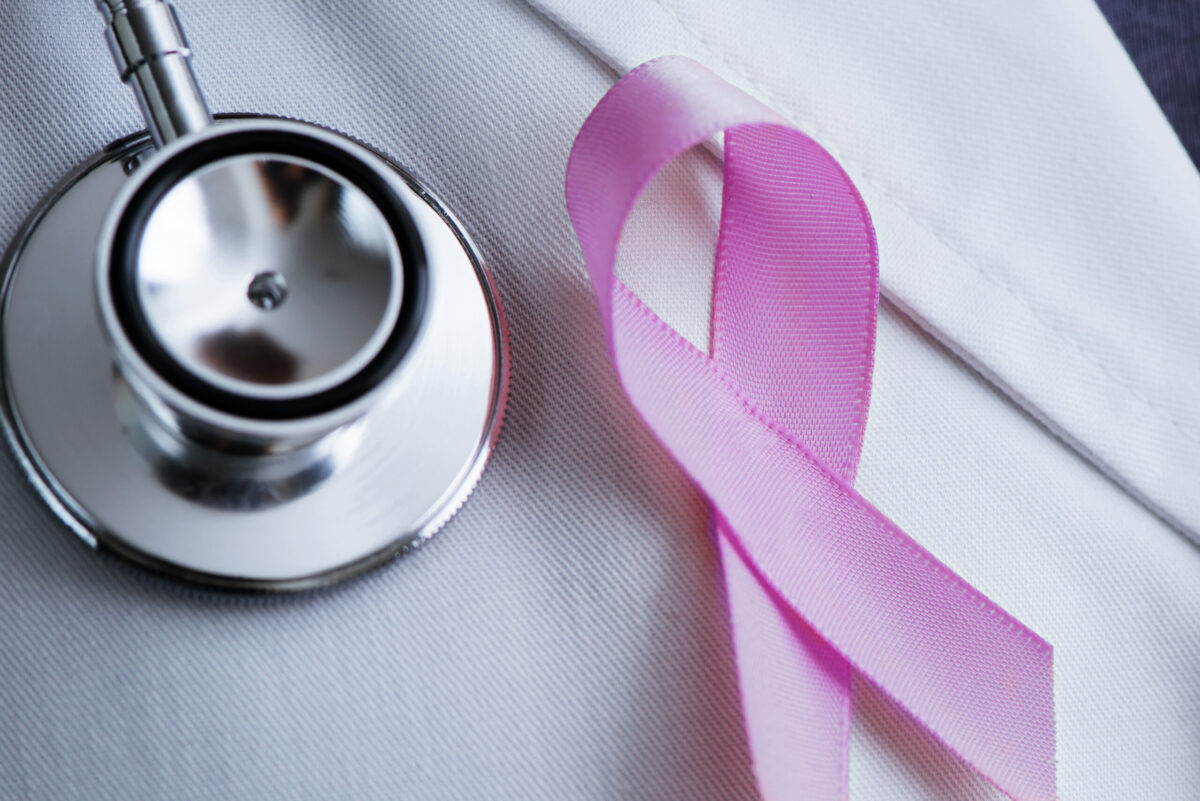Breast Cancer was responsible for the deaths of 950 women in Tennessee in 2020. The state has the 12th highest breast cancer mortality-to-incidence rate. And, mortality rates are 40% higher for Black women, with Tennessee having the 9th highest rate of death in the U.S., according to the BlueCross BlueShield of Tennessee health equity report.
WellTuned spoke with Dr. Lisa Staton, a medical director for BlueCare Tennessee, to find out what you need to know about breast cancer.
Facts you might not know about breast cancer
Dr. Staton: Breast cancer gets a lot of press. But you shouldn’t assume that you know all that you need to know about breast cancer. There may be some facts that you’re not aware of—and that knowledge could save your life—or the life of someone you love.
How much do you know about breast cancer?
- Breast cancer is the second leading cause of cancer-related deaths in women in Tennessee. The American Cancer Society predicts about 1,030 breast cancer deaths for 2023. Lung cancer is still the leading cause of cancer-related deaths in Tennessee.
- Certain gene mutations are associated with increased rates of breast cancer. It’s possible that a slight change to your DNA may be responsible for your cancer. For example, if you inherit a specific mutation to one of your genes, you may be at greater risk for developing breast cancer. In fact, 5-10% of breast cancers are associated with known gene mutations that people inherit from one of their biological parents. The most common gene mutations are mutations in the BRCA1 and BRCA2 genes.
- A self-exam may not improve your survival from breast cancer—but it won’t hurt. For many years, doctors recommended that women examine their own breasts on a regular basis. However, recent evidence suggests self-exams don’t help that much when it comes to improving detection or survival rates. Nonetheless, it can still be helpful to be familiar with your own body, including your breasts. That will help you be more aware of any changes, so you can get them checked out.
- Mammograms matter. In general, mammograms are the recommended method for early detection of breast cancer. Mammograms can detect tiny cancers that you would never be able to feel with your fingers. Catching and treating breast cancer early decreases the risk of death. That’s because it’s less likely to have already spread to other parts of your body.
- It’s more common in middle-aged and older women, but young women can get breast cancer, too. The median age for breast cancer diagnosis is 62. But young women are not immune. About 9% of new breast cancer cases are women under the age of 45. Also, breast cancer tends to be found at a later stage in younger women, and it can often be more aggressive.
- Black women are at higher risk for death. Black women have an overall lower incidence rate of breast cancer when compared to white women, but they’re more likely to die from it. African-American women have the highest breast cancer death rate among any race. It is the leading cause of cancer-related death among Black and Hispanic women.
- Hormone therapy may be appropriate for some women. For years, many women took hormone replacement therapy (HRT) for menopausal symptoms. When research uncovered a link to higher rates of breast cancer, the use of HRT dropped dramatically. But then scientists learned that the matter was more complex, and for some women, the benefits may outweigh the risks. If you’re at high risk, your doctor might want to talk about the risks and benefits of hormone therapy with you.
- Lifestyle changes can reduce your risk of developing breast cancer. Post-menopausal women might reduce their breast cancer risk by shedding a few pounds (especially if their doctor recommends it). How to achieve that will vary from woman to woman, but a good first step is to eat a healthy diet. Following a low-fat diet rich in fruits, vegetables and whole grains can also lower your risk of dying from breast cancer. Also, smoking and alcohol use may increase your risk of breast cancer.
“It’s important to know the facts about breast cancer, but every woman is different,” says Dr. Staton. “It’s best to consult with your doctor to assess your risks and determine what’s best for your situation.”
Dr. Staton: 7 lifestyle changes that may reduce breast cancer risk.
Get more information about specific health terms, topics and conditions to better manage your health on bcbst.com. BlueCross BlueShield of Tennessee members can access wellness-related discounts on fitness products, gym memberships, healthy eating and more through Blue365®. BCBST members can also find tools and resources to help improve health and well-being by logging into BlueAccess and going to the Managing Your Health tab.


